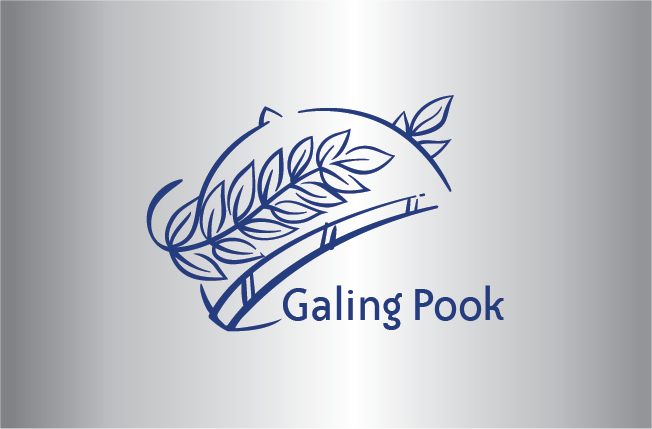
Fish from the Mountains: Bayawan Inland Aquaculture
Bayawan City, Negros Oriental
2023
Aquaculture plays a vital role in supporting rural livelihoods and food security in the mountainous locality of Bayawan City in Negros Oriental. Over 70% of Bayawan’s population of nearly 123,000 residents live in remote inland communities that face challenges in accessing nutritious fish protein. To address this issue, the City launched the Fish Farm Development Program in 2013 to train fish farmers and sustainably increase inland aquaculture production.
The program’s Inland Aquaculture Facility in Sitio Danapa serves as an experimental fish farm and training center. Situated 18 kilometers from the city proper with an abundant water supply, the PhP5.1 million facility can produce annually 2 million tilapia fingerlings, 7.5 tons of fresh tilapia, and 500 kilos of fresh hito. Beyond direct production, the facility also hosts trainings for “aquapreneurs” and their families on best practices in pond construction, hatchery operations, and fish husbandry. To date, 338 successful backyard fishponds, benefitting 294 farmers, have been established across the mountain barangays through the program’s participatory approach.
Benefiting from free fry stocking, feeds for the initial cycles, and technical support from city fisheries staff, individual fish farmers like Melchor Dela Peña have seen their household incomes increase substantially through successive harvests. Dela Peña earned PhP20,000 in 2016 and now earns PhP300,000 a year from his expanded five ponds. Leonora Sastri was recognized as an outstanding fish farmer for harvesting over half a ton of tilapia through diligent daily feeding and monitoring. Their success stories have motivated many other rural residents to participate.
Beyond individual outcomes, the program has had significant community and policy impacts. Established aquaculture associations now oversee fishpond operations and collectively contribute 10% of net proceeds from each harvest back into rural improvement projects. The established marketing system through buyers’ contact lists has empowered these groups to manage prices, circumvent middlemen, and sustain fish supply even during weather disruptions. Rural household incomes have risen by 33.67% according to a 2019 community survey.
To date, at least 8.45 hectares of land across 20 mountain barangays have been converted into productive fishponds through the program. Current production covers both native tilapia and introduced catfish varieties. The program delivers free transport of quality broodstock from the Regional Freshwater Fisheries Center to established local hatcheries. Their collective sales approach cuts out middlemen, keeping pricing fair for consumers too. With new green spaces and habitats created, biodiversity in participating areas is also on the rise.
Moving forward, the LGU aims to expand training opportunities for women and further incentivize full participation of families in sustainable aquaculture practices. Community consultations will continue informing future strategies. With the Inland Aquaculture Facility emerging as an ecotourism destination as well, the program shows great promise for positively impacting rural livelihoods, nutrition, and inclusive local development for many years to come in mountainous Bayawan City.
The Fish Farm Development Program shows how strategic public support combined with local stewardship can uplift food security, rural incomes, and community well-being in a sustainable, inclusive manner. No wonder, its success has inspired study visits from 11 LGUs and has benefited more than 400 farmers outside Bayawan.


